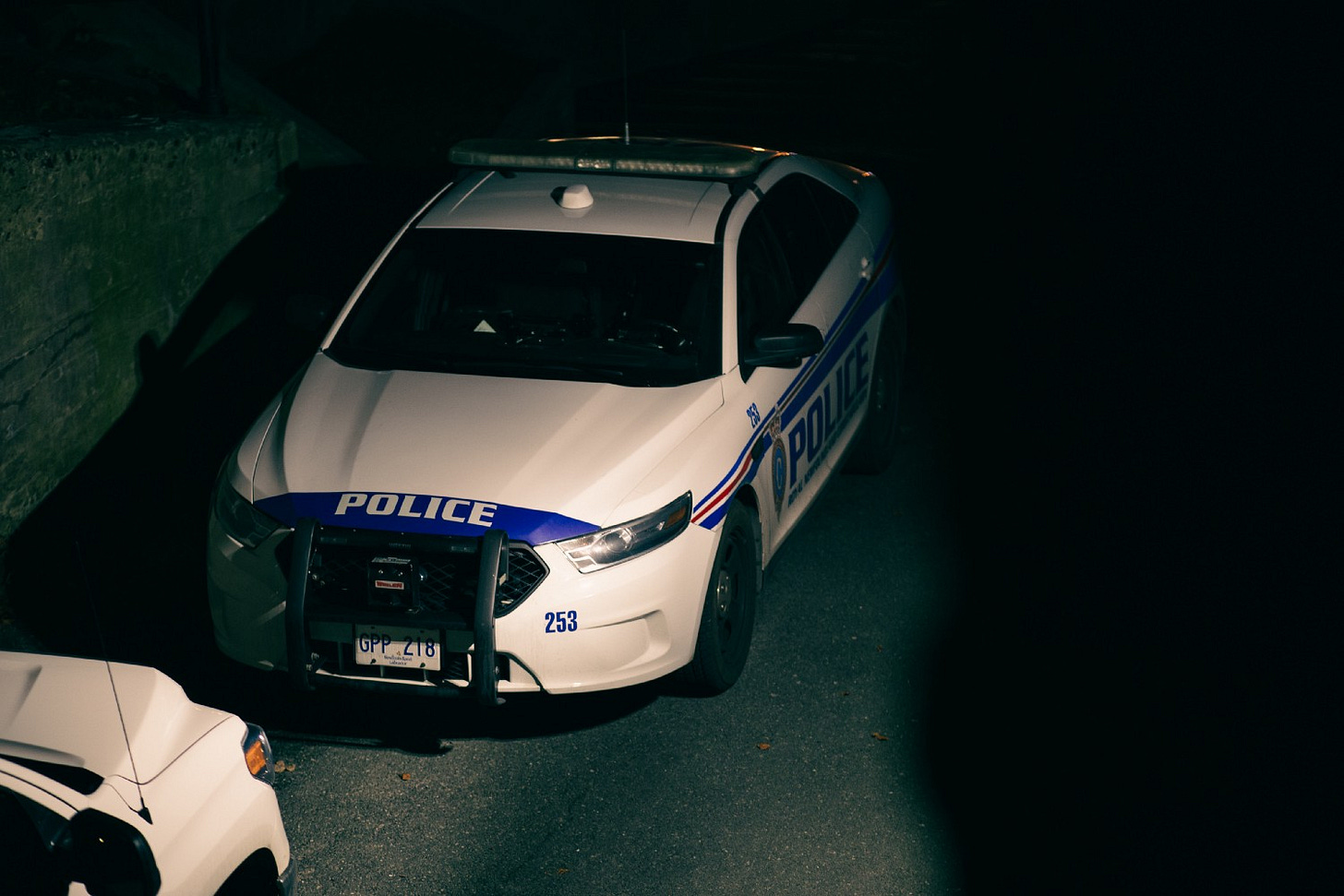If Only American Exceptionalism Were Real
Does America's exceptionalism apply to law enforcement?

Keep reading with a 7-day free trial
Subscribe to The Journeyman. to keep reading this post and get 7 days of free access to the full post archives.

Subscribe to The Journeyman. to keep reading this post and get 7 days of free access to the full post archives.